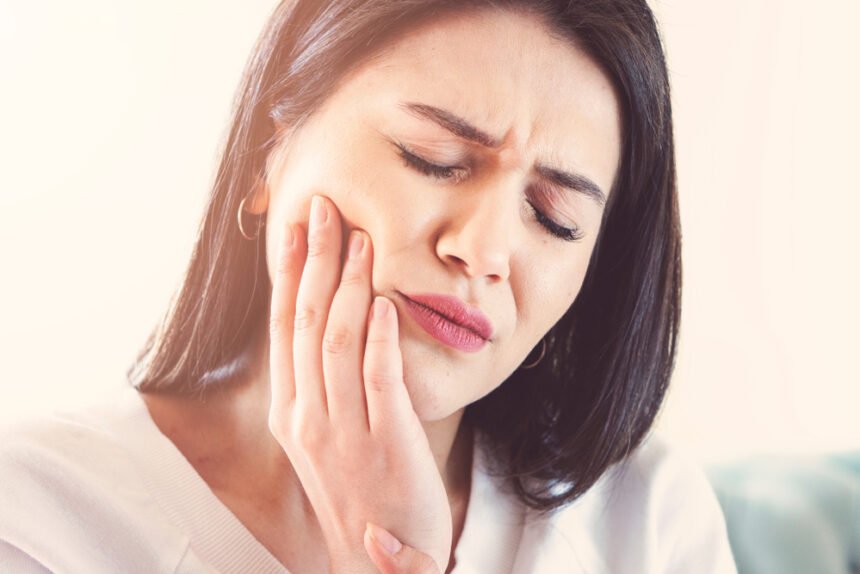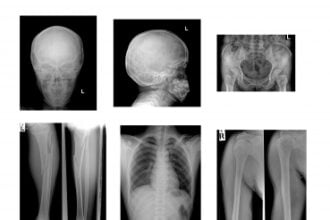Gum disease is a very serious problem that many Americans suffer from. One study from the CDC showed that 47.2% of people have periodontal disease. This disease leads to a number of issues, including gum bleeding. You need to know what the main causes of gum bleeding are and know what steps to take to fix it.
Solving Problems with Gum Bleeding
I recently came across some shocking pictures of bleeding gums on WebMD. Fortunately, you can avoid these problems if you know what steps to take. If you have noticed that your gums are bleeding when you brush or floss, it is important to not ignore it or brush it off as normal. It is not normal to have your gums bleed and it could be an indication of a much bigger problem. We looked to Dr. Chang Lin for causes of bleeding gums and what we can do to stop it. This is what we learned. Why Bleeding Gums Happen There are several causes of bleeding gums. Some people brush their teeth too hard, causing injury to the gums and making them bleed. Women who are pregnant or on birth control also can suffer from bleeding gums due to hormonal fluctuations. But, bleeding gums can also be a big indication of periodontal disease, or gum disease. Periodontal disease is when bacteria has slipped down the side of the tooth, causing trouble in between the tooth and the gums. As the bacteria grows there, it can cause a separation between the tooth and the gums, ultimately resulting in tooth loss and bone loss in the jaw. How to Stop it You can stop your gums from bleeding in a few different ways, depending on the severity of your situation and what you are dealing with.
- Brush and floss your teeth. This might seem obvious, but it is a great solution if you are only suffering from gingivitis and not periodontal disease. Good home hygiene can help you get rid of the buildup of plaque along the gumline and reduce any inflammation that your gums might be suffering from. It is important to brush at least twice a day and floss once a day.
- Quit any bad habits. Bad habits might include cigarette smoking and chewing tobacco. While we know that tobacco products have been linked to lung cancer, stroke, and heart disease, it is also linked to gum disease. Smoking is one of the major sources of gum disease, so stopping this habit can help prevent your gums from bleeding and turning into a bigger issue.
- Use a softer brush. If you know that you are a hard brusher, it is important to use a soft-bristled toothbrush. Everyone should be using soft bristles regardless, but it is even more important if you brush hard. Even better than a soft toothbrush would be an electric toothbrush. These not only can clean better than any manual brush could, but they will prevent you from brushing your teeth too hard.
- Alter your diet. Sometimes what you eat or do not eat can cause your gums to bleed. If you can increase the amount of Vitamin K that you intake, you might be able to stop your gums from bleeding. This is because Vitamin K is essential in helping your blood to clot. Vitamin C is another vitamin that can help your gums. It is an antioxidant, which will strengthen the connective tissues within your gums, helping them to heal. If you eat a diet that is carb-heavy, cutting back carbohydrates has been shown to reduce inflammation within your body. Carbs help stimulate bacteria, so the fewer carbs you consume, the less bacteria your mouth is likely to have. Your diet also includes anything that you might be drinking, so cut back on sugary drinks. Stick with water, but green tea has also been shown to lower inflammation.
- Visit your dentist. You should be paying a visit to your dentist at least twice a year for cleanings. At these appointments, the hygienist will help remove any plaque and buildup underneath your gumline. Your gums will then have an opportunity to heal without the bacteria and stop bleeding. You hygienist will also be able to review any risk factors that you might have toward periodontal disease and work with you to prevent it.
You should also visit your dentist in between your regular appointments if your gums have started to bleed and it has not resolved within a week or so. There might be something caught in your gums or you might be developing gum disease. Regardless, catching a problem before it gets any worse will only help your overall health.
Stop Gum Bleeding as Soon as You Notice It
Gum bleeding is a serious problem that should not be ignored. You need to take all reasonable steps to fix it. Make sure that you follow the steps outlined in this article.








